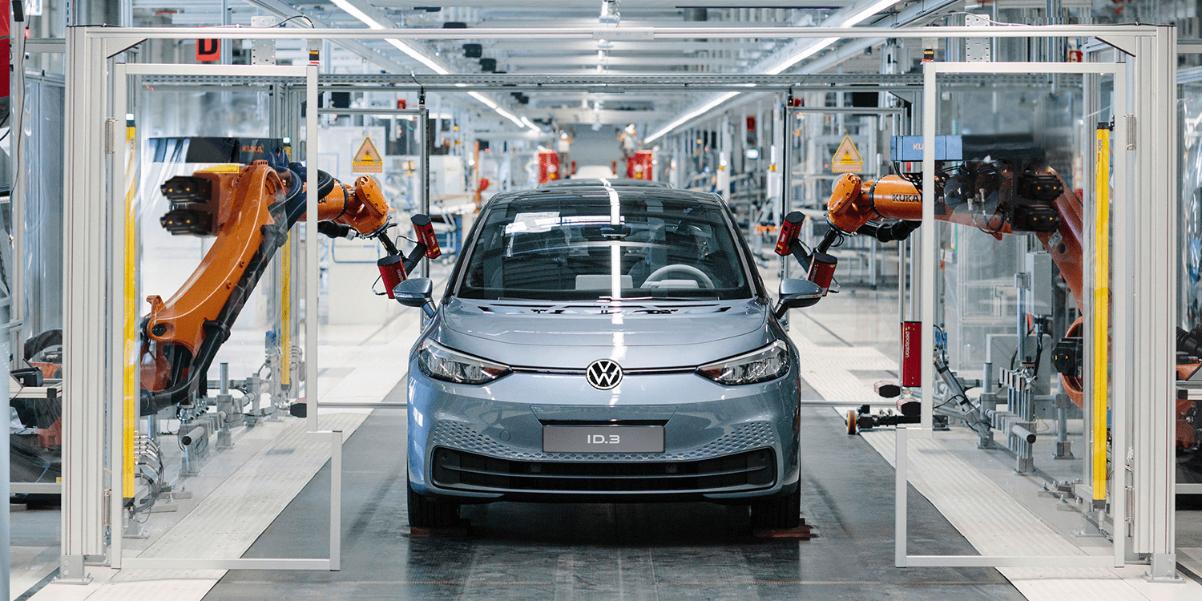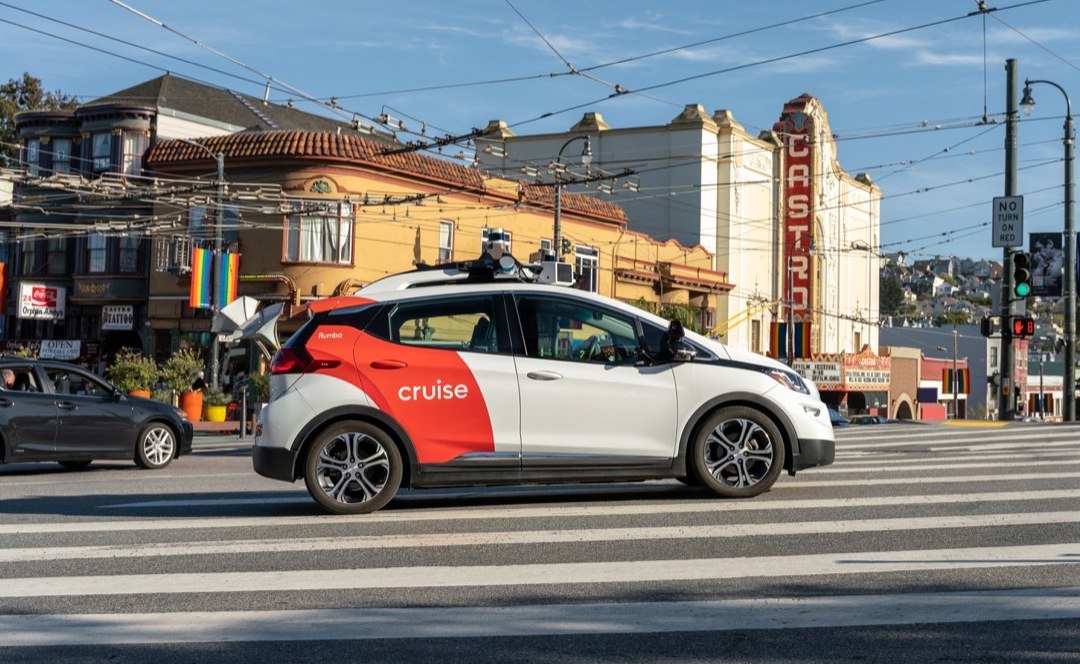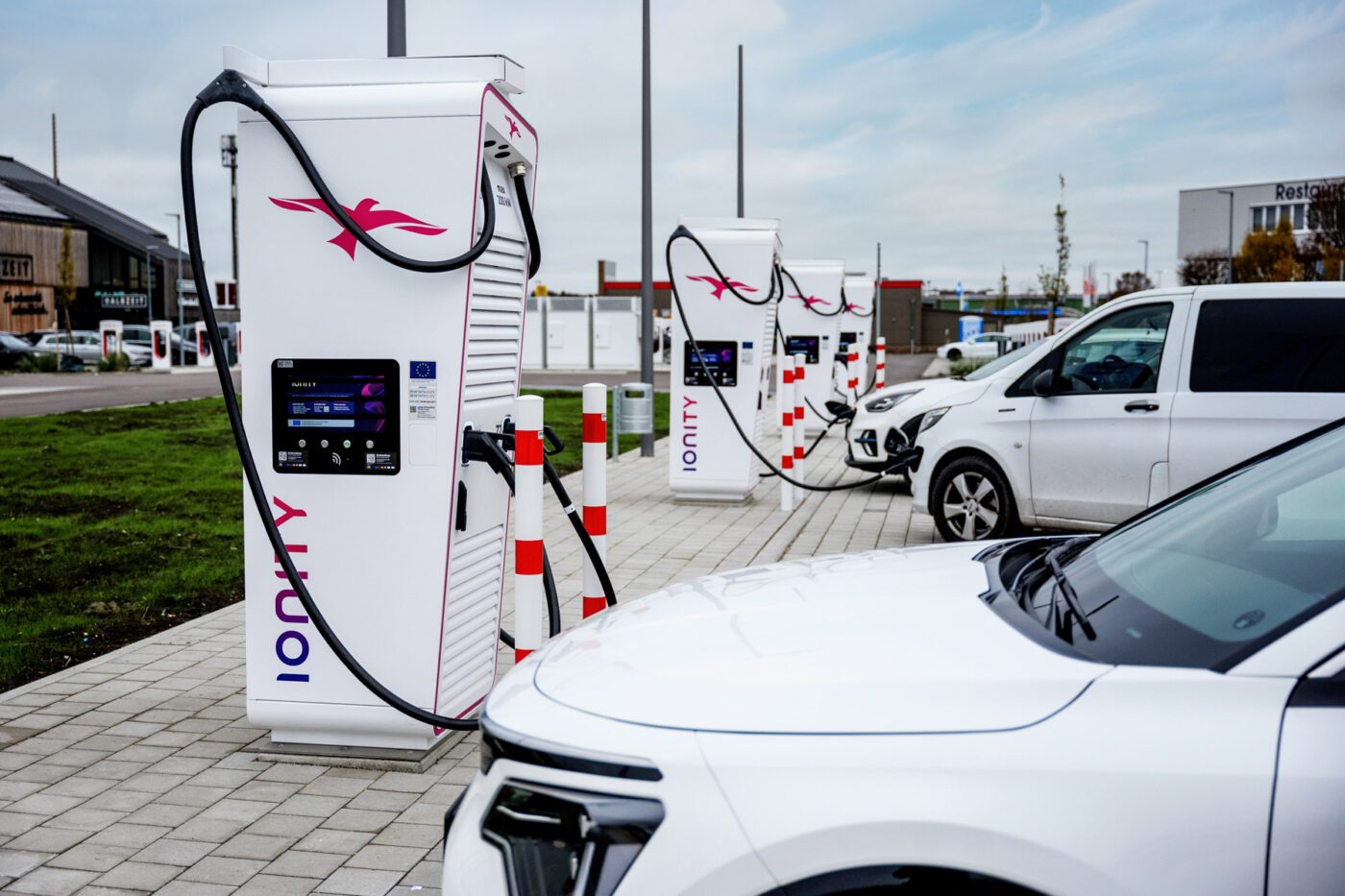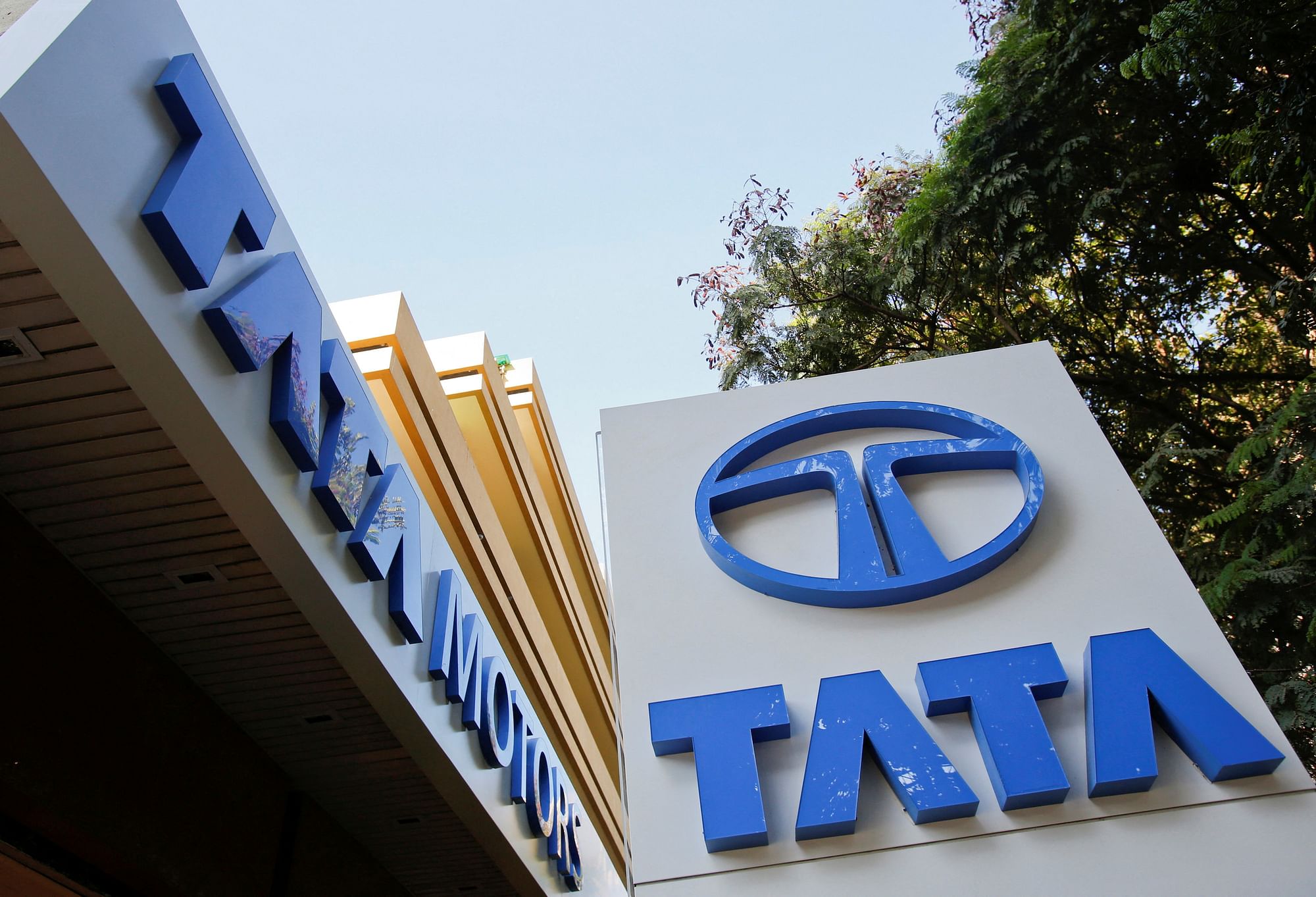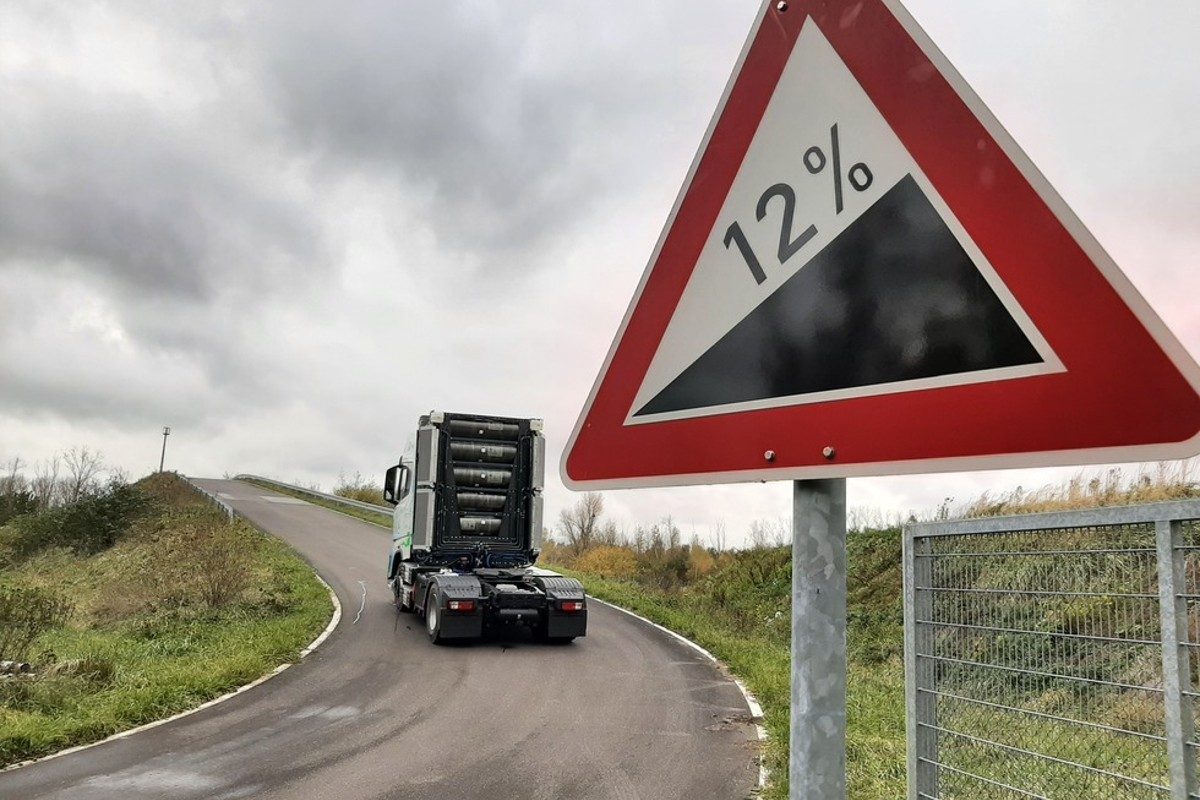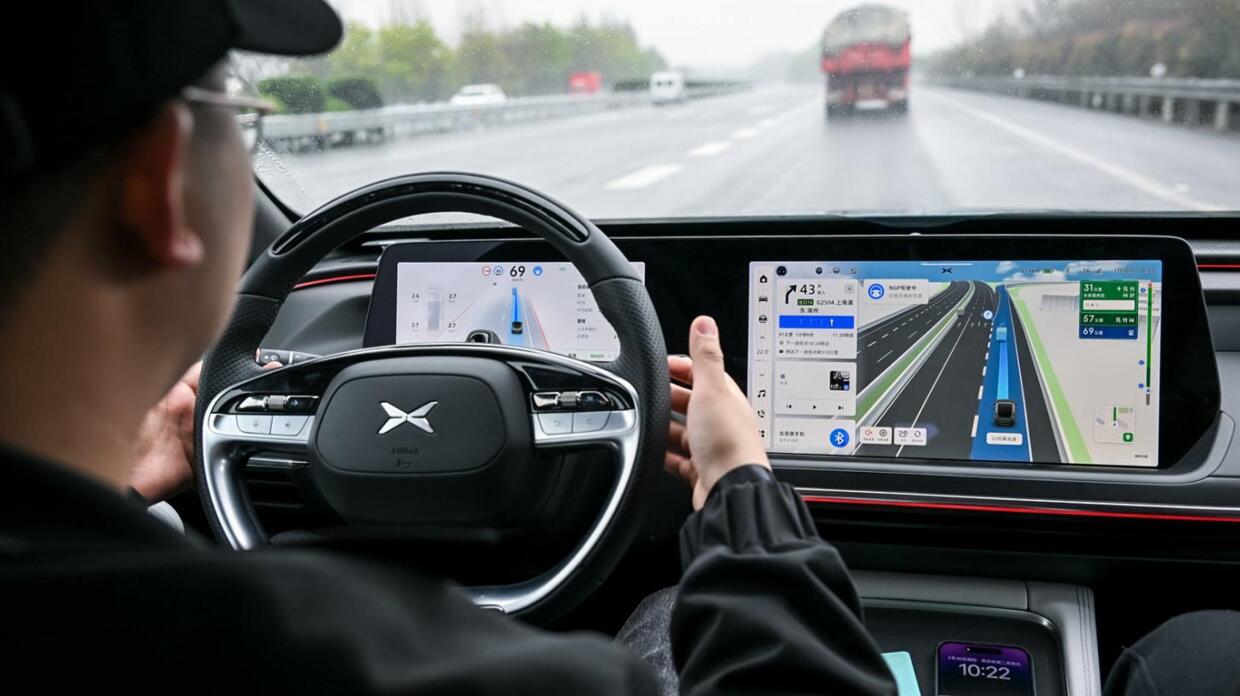Volkswagen is embarking on a transformative journey in China’s electric vehicle (EV) landscape, banking on the city of Hefei to spearhead its endeavors. Ralf Brandstaetter, Chairman and CEO of Volkswagen Group China, acknowledges the pivotal shift, stating, “We used to develop cars in Europe and brought them into China, sometimes with adjustments.” With China contributing around 40 percent of sales and profits, the German automaker is adapting to evolving market dynamics.
In a departure from its traditional approach, Hefei has been chosen as the focal point for Volkswagen’s strategic overhaul. The city hosts a comprehensive hub, representing an investment of 1 billion euros, where Marcus Hafkemeyer, Chief Technology Officer of Volkswagen Group China, notes, “We are fully capable of developing brand-new models from scratch, involving design, test, validation, and approval.”
Brandstaetter emphasizes the need for change, stating, “But the approach no longer works when it comes to EVs because car buyers in the country are young and tech-savvy, and local rivals are coming up with products that are completely new.”
At the core of this transformation is the Volkswagen China Technology Company, the company’s largest development center outside Germany, focusing on intelligent, fully connected vehicles. Brandstaetter sets the goals: “high development speed, great cost efficiency while strengthening the carmaker’s standards of quality and safety.”
Hefei’s hub, which includes production, development, and innovation, now employs around 1,200 technical staff, with plans to increase to 3,000 by 2024. The hub is tasked with developing an EV platform specific to the Chinese market, with the first model slated for release in 2026. Brandstaetter outlines the strategy, “We will bring the platform to market maturity in just 36 months. This means that we are reducing the development time by around a third.”
Crucial to this transformation is increased collaboration with local suppliers. Hafkemeyer labels it Volkswagen’s “second wave of localization in the country.” The company is involving approximately 1,100 Chinese suppliers, gradually increasing the localization rate to 100 percent. The aim is to streamline the development process by sourcing components from local Chinese companies early in the development stages.
Volkswagen is eyeing a prominent position in China’s competitive EV market. Brandstaetter states, “We have set our target to remain the No 1 international carmaker in China…and a top three player in the country by 2030.” To underscore this commitment, the first wholly-owned battery plant recently commenced operations in Hefei, supplying batteries to models at Volkswagen Anhui, the carmaker’s first major-stake joint venture in China.
As the Hefei hub becomes the focal point for innovation and localization, Volkswagen is strategically positioning itself for success in China’s rapidly evolving EV landscape and potentially beyond.

